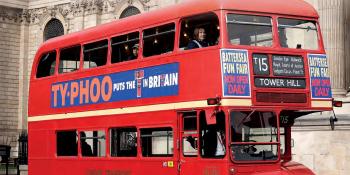BEN COLSON, former managing director of Norfolk Green, discusses the history of competition in the bus industry and the involvement of competition and market authorities
There was a time when competition between bus operators was almost banned by law. Not entirely so, as some discretion was given by the traffic commissioner. This was the 1930 Road Traffic Act, and the new competition test it required was whether an application for a new route would cause unreasonable abstraction from an incumbent’s services. Following the anything-goes, on the road competition of the 1920s, the Act was designed to restrict operators’ freedom, and that stunted innovation. Why innovate on routes if the law protects you from competition? Equally, as a new entrant, why enter a market if the law stacks the odds against you? The Act made it difficult to adapt to the different market conditions emerging in the 1950s. Buses were increasingly unable to serve the public’s needs, leading to more cars being bought, and that contributed to today's car dependency culture.
Many would argue that today’s franchising holds the same potential to do long-term damage. The Act remained in force, arguably well beyond its useful date, unt…



